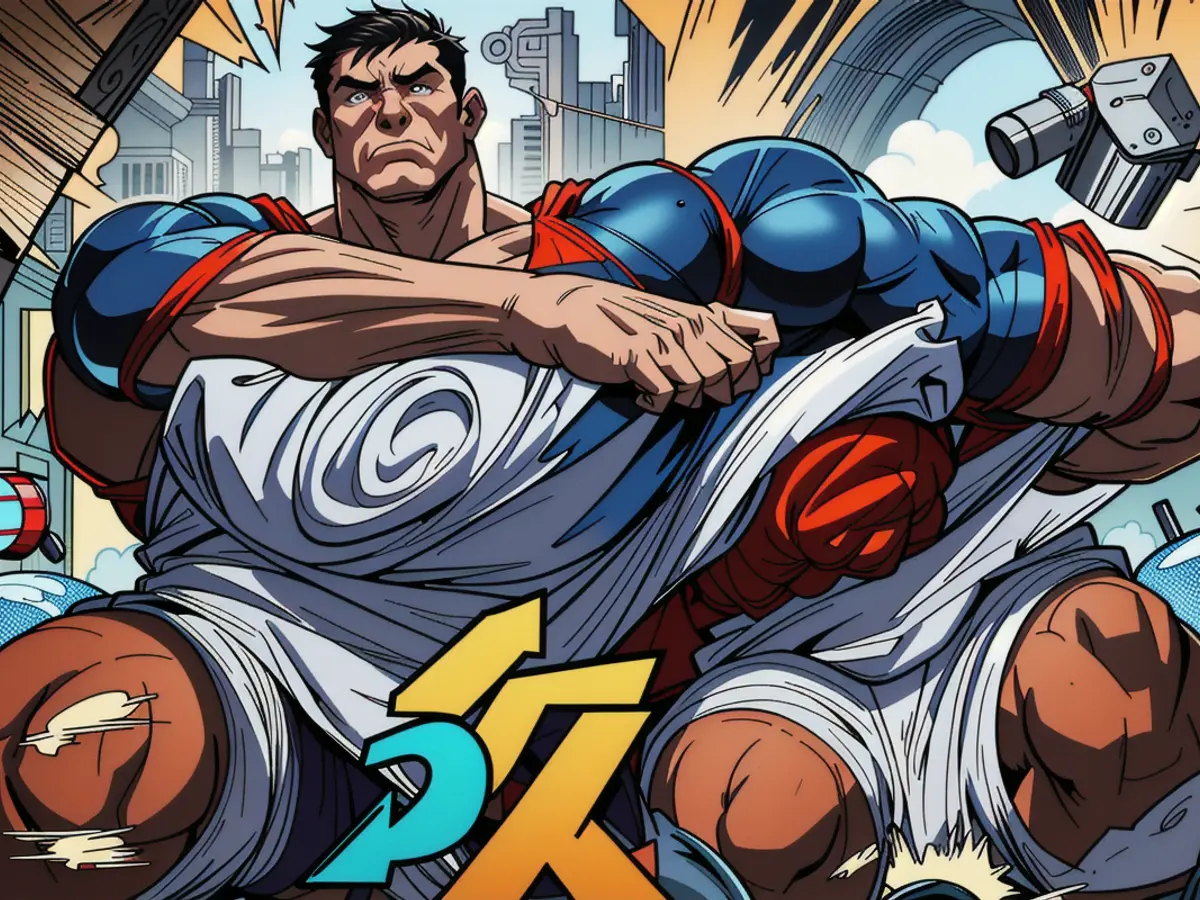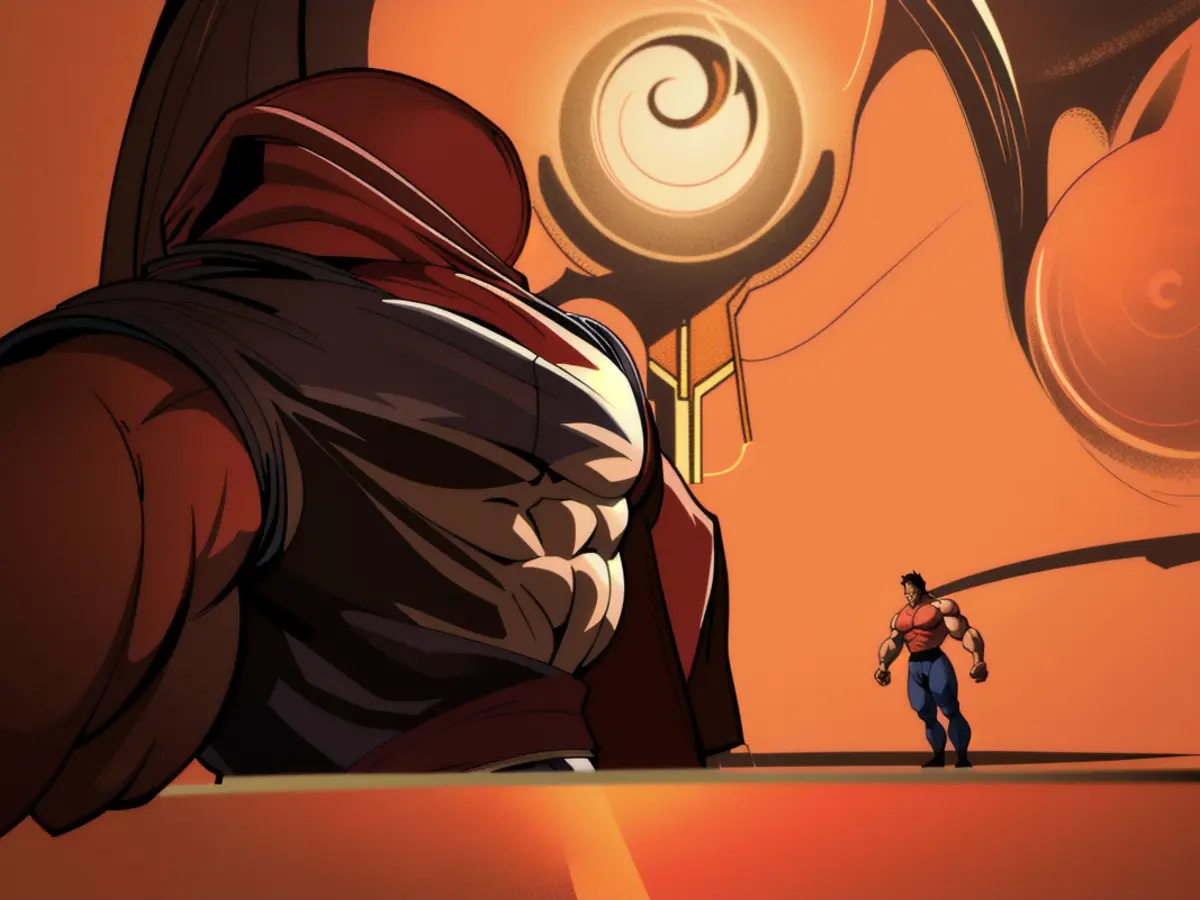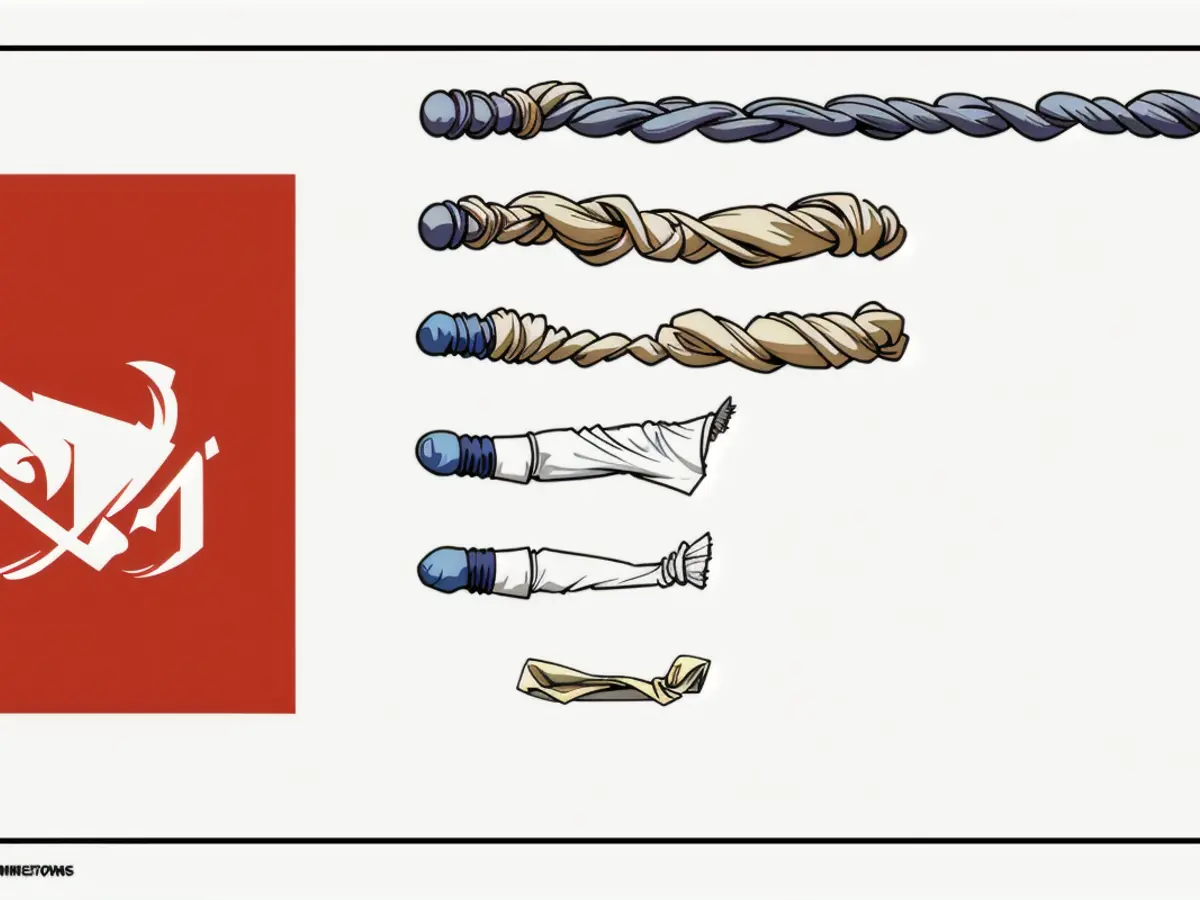In the political sphere, a feud is unfolding within Trump's inner circle regarding tariffs.
In informal discussions, Trump's aides are still mulling over strategies that largely align with the precampaign promise of 10% tariffs on all imports, with Chinese goods potentially facing a 60% levy. However, they acknowledge the need for adaptations due to political or economic realities, as confirmed by three reliable sources.
Exploration is underway to implement tariffs on select crucial industries either prior to or simultaneously with broader tariff programs, with the intent of underscoring trade imbalances and stimulating US manufacturing activity. The ongoing deliberations suggest no firm decisions yet.
The Washington Post initially reported that critical industries would be prioritized for initial universal tariffs. In response, Trump condemned the article, claiming it distorted his proposed tariff policy.
Trump's economic advisors wrestle with how to implement something resembling the proposed blunt tariff instrument, yet minimizing its impact on the stock market and consumer prices. This debate mirrors the dynamics of Trump's first term, where Wall Street advocates like Steven Mnuchin and Gary Cohn opposed tariffs due to their apprehensions regarding retaliation and recession.
Scott Bessent, Trump's nominee for Treasury secretary, expresses doubts about universally imposing tariffs. Howard Lutnick, the Commerce secretary nominee, favors using tariffs to negotiate stronger trade agreements. Larry Kudlow suggests that tariffs could balance tax cuts' costs. Peter Navarro remains one of the most ardent advocates for using tariffs no matter the cost.
Jared Kushner, the president-elect's son-in-law, oversees international economic policy, recently emphasizing the need for a level playing field for American industries.
Enrichment Data (15%):
According to the enrichment data, Trump's administration has considered imposing additional 10% tariffs on Chinese imports, potentially from February 1, 2025, in response to fentanyl shipments. The administration also initiated a review of trade relations with China, examining China's compliance with the existing trade agreement and its impact on current tariffs. Meanwhile, Trump has threatened to impose a 25% tariff on imports from Canada and Mexico due to concerns over illegal immigration and drug trafficking. The USMCA review, due in July 2026, is also underway. The "America First" trade policy continues to be the guiding principle, with a focus on promoting investment and productivity, safeguarding American industries, and defending economic and national security concerns via investigations and reviews.
The ongoing deliberations within Trump's administration highlight the need to consider the impact of tariffs on the stock market and consumer prices, aiming to minimize any negative effects on the business economy. Furthermore, discussions about prioritizing critical industries for tariffs indicate a desire to stimulate domestic manufacturing and address trade imbalances within the larger context of the nation's economy.








